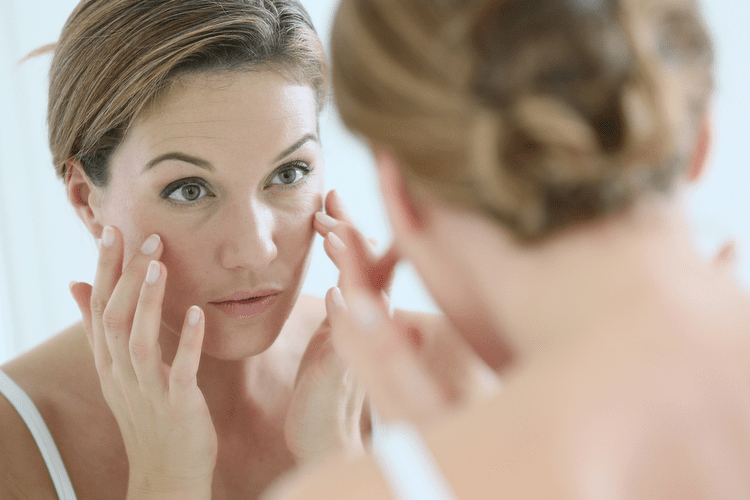Content
Section 1.1 outlined a number of direct and indirect mechanisms that describe how anger and related emotions may be related to alcohol consumption and relapse after alcohol dependence treatment. Initial support for alcohol-adapted anger management treatment suggests that clinicians and researchers may have an additional intervention to address anger-alcohol associations. Clinically, not all alcohol-involved clients accept the philosophies and approaches of AA and other mutual-help groups. AM may be a particularly relevant tool for such anger- and alcohol-involved clients. Also, it may be important to consider alcohol-adapted anger management treatment primarily for combined anger- and alcohol-involved clients, as these were the clients eligible for the present study. In spite of the theoretical and empirical associations between anger, drinking and AUDs, our review revealed only four studies evaluating anger-specific treatment in alcohol and substance treatment.
Association of anxiety-related traits with a polymorphism in the serotonin transporter gene regulatory region. Interaction between serotonin transporter gene variation and rearing condition in alcohol preference and consumption in female primates.
Family Nurse Practitioner
Muscle tension, headaches, irregular heart rate and blood pressure, sleep difficulties, and the potential for heart problems or even stroke may be possible risk factors for chronic anger and emotional regulation issues. Add in alcohol abuse, and the multitude of possible social, emotional, physical, financial, and behavioral problems related to alcohol addiction, and the risk factors and potential for negative side effects go up exponentially. Individuals with problematic triggers may not know the cause and can benefit from therapy. Therapy or treatment for distressing triggers can reduce the likelihood of one developing troubling compulsions and chemical use disorders. Therapists in rehab facilities can offer individuals tools and ideas that can be helpful while battling troubling emotions and compulsions. Additionally, individuals who suffer chemical use disorders can find help to decrease the risk of a relapse.

Oftentimes, triggers are reminders that put people in a mental and emotional place of distress, pain, anger, frustration, and other strong emotions. In the case of addiction and recovery, triggers are often some sort of internal or external stimulus that causes the former addict to desire to use drugs or alcohol again. Ruth Ware is a Licensed Professional Counselor in the states of Alabama, Texas, Oklahoma, Virginia and Mississippi.
Recognizing Alcohol Addiction or Dependency
As a whole, alcohol use naturally heightens emotions, and for people who are predisposed to aggressive tendencies, it can quickly make bad scenarios worse. Typically, anger will lead to aggression unless something happens to resolve the situation. If an intoxicated person becomes upset because the bartender refuses to serve them, help from a friend might calm them down. If no one can defuse the tension, they may become an aggressor, escalating the situation to a violent one. If you or a loved one is struggling with alcoholism, contact FHE Health today and get on the road to recovery. When you live with or care for someone who becomes abusive when they’re intoxicated, the consequences may well be more than just hurt feelings.
- The best way to approach an anger problem is through the help of a support group or a clinically trained counselor at an alcohol rehab center.
- Studies have suggested that those who suppress their thoughts and anger when they are sober and more inclined to be angry and aggressive drinkers.
- The damage done to the mental health of loved ones of alcoholics due to misplaced anger is significant.
- Choose a time when your loved one is not drinking and you’re both calm and focused.
Additionally, there is evidence that chemical and biological factors play a role. People with higher levels of testosterone are more likely to be Alcoholism and Anger aggressive. Alcohol severely decreases cognitive function, which makes it harder to problem-solve, make safe decisions, and control aggression.
Alcohol and Depression
A person with intermittent explosive disorder has repeated episodes of aggressive, impulsive, or violent behavior. They may overreact to situations with angry outbursts that are out of proportion to the situation.

A mental health professional can help you work through your anger and identify any underlying mental health conditions that may be a contributing factor. With anger management and other treatments, you can get your anger under control. If you believe your anger is out of control or if it’s negatively affecting your life or relationships, consider seeking help from a mental health professional. It’s important to have people you can talk honestly and openly with about what you’re going through. Turn to trusted friends, a support group, people in your faith community, or your own therapist. A good place to start is by joining a group such as Al-Anon, a free peer support group for families dealing with a loved one’s alcohol abuse.
About Alcoholic Blackouts
Your loved one resides at a special facility for 30 to 90 days and receives treatments such as detox, therapy, and medication. Tell your loved one about the worries you have regarding their drinking and the effects it’s having on their health, your relationship, and the family as a whole. Try to remain neutral and be compassionate rather than judge your loved one’s behavior or try to shame them. If you recognize the warning signs that your loved one has a problem with alcohol, the first step to helping them is to learn all you can about addiction and alcohol abuse. When you’ve researched all the different types of treatment and self-help options open to them, you’ll be ready to talk to your loved about their drinking and offer the support and resources they need. In these difficult times of the global pandemic, economic uncertainty, and high unemployment, many people are drinking more than they used to in an attempt to relieve stress.